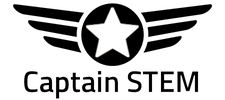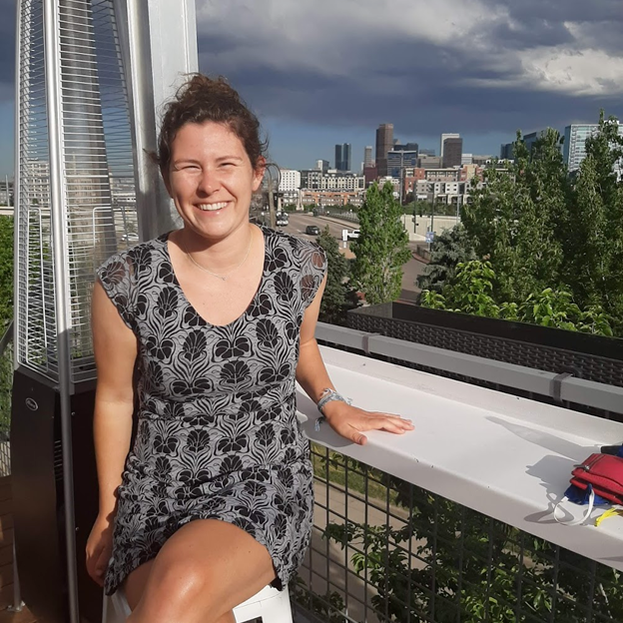Grace Ransler, Backend Software Developer
|
Grace Ransler trained in Business Analytics and now works as a Backend Software Developer. What was initially an "intimidating" role as an Analyst turned into a wonderful growth opportunity and a challenging developer role she loves!
|
Education
|
BS in Business Analytics (BSBA)
|
How did you end up in this role?
|
When I first began at University of Denver, I was overwhelmed with what degree and career path I wanted to achieve. I believe there is tremendous amounts of pressure at a young age to find a passion and make a career of it. Besides having a passion for eating a whole tray of Oreo’s, I had no passion for a subject matter that could become a means of living. I also struggled because I always scored neutral in those ‘right brain’ vs ‘left brain’ quizzes and had very few academic subjects that I hated.
Fortunately, my dad was a great role model; he recommended business since he also held a BSBA degree. Without much hesitation, I began taking business courses and found a love for data science. I loved my professors; they were all successful women, which was a rare sight. My degree also had the best of both worlds, it encompassed a lot of math, coding, database management, and logic with complementary courses in data visualizations and management skills on how to use the data. I did not feel trapped in one definition. "The job description intimidated me because it was a very technical role. I took a chance and I loved it!"
For the most part, my degree was set up for a business role; someone who goes between the finance and marketing teams and helps make business decisions based on modeling, predictions, and forecasting. It's a business degree that combines math, computer science, and data science. Technically, it is not a STEM degree, but because my company likes to grow from within and teach on the job, so I was able to grow from a Data Analyst into a Software Developer.
At the beginning, the Data Analyst job description intimidated me because it was a very technical role. I feared I was not qualified for the job, but when I received the offer I took it because I felt comfortable around the people. The way I saw it, you could live in a mansion on the beach with terrible roommates or live in a small run-down apartment with your best friends. You would probably be happier with your best friends. So I took a chance and I loved it. I was excited for the challenge and I learned much more on the job that I could ever learn in a classroom. I was mostly hired because of my business degree -- I have great communication skills, can explain things, and see things from a larger perspective - not just what needs to be done in the code, but what the entire project will become. These are skills that most business people have and that is what got me this far. I know how to ask the right questions and who to ask them from. My path to software development was not traditional. If you are interested in being a software developer, the typical path would be to get a computer science degree. You might also consider getting a business minor, because I think communication skills and the ability to see the bigger picture are really important for the job and would make you stand out in this role. |
A day in the life
|
Step 1. Get coffee and sit in big comfy girl chair. Step 2. Check emails and message Brad (my coworker) corny joke of the day. Step 3. Actually do job.
It is difficult to narrow down a ‘day in the life’ because each day, week, and month look different. It is what I enjoy about my job; it lacks monotony. I am a Backend Developer, which means most of the time I am building software that pulls data from the database, transforms the data, and then pushes it out to the end user. Once I build the software, I have to test it, comb through the data in SQL, or Structured Query Language (pronounced "ess-skew-elle"), debug my code, and confirm with my coworkers that the code performs accurately. I also have to review the code and SQL commands to make sure it is optimized for best use. For the most part, my day does not include much social interaction. It is mostly time spent coding, but I have a lot of independence on how I want to run my day. |
Advice for aspiring students |
Get as much exposure to the ‘real world’ as you can. Work in a coffee shop, a marketing agency, a bio lab, anything! Take advantage of any opportunity; it really helped me. Each experience makes you more well-rounded and will help hone in on what you find interesting as a career or maybe something you have no interest in.
Find a role model or someone you trust. If I did not have my dad or my professors to constantly push me, I would have settled for much less. |


